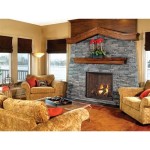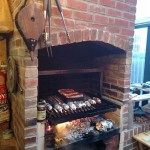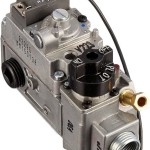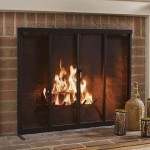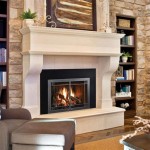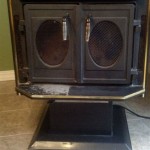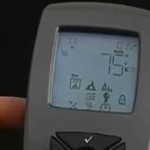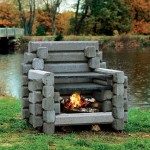The Essential Aspects of Fireplace Insert Stove Pipe
When it comes to enjoying the warmth and comfort of a fireplace insert, the stove pipe is an essential component that plays a crucial role in the safe and efficient functioning of your heating system. Understanding the different aspects of stove pipe is vital to ensure proper installation, maintenance, and a satisfying heating experience. In this article, we will delve into the key considerations to keep in mind regarding fireplace insert stove pipe, empowering you with the knowledge to make informed decisions and enhance the performance of your heating system.
Material and Durability
Stove pipe is typically constructed from lightweight, corrosion-resistant materials such as galvanized steel or stainless steel. Galvanized steel is a cost-effective option that offers good durability, while stainless steel is more resistant to rust and high temperatures. The thickness of the stove pipe, measured in gauge, also affects its durability. Thicker gauge stove pipe (lower gauge number) is more durable and can withstand higher temperatures and wear.
Diameter and Length
The diameter of the stove pipe should match the outlet of your fireplace insert. Common diameters for stove pipe range from 6 inches to 8 inches. The length of the stove pipe depends on the height of your ceiling and the location of your fireplace insert. It is important to ensure that the stove pipe is long enough to extend beyond the roofline and create proper draft for the stove.
Insulation
Insulated stove pipe helps reduce heat loss and improve the efficiency of your heating system. Insulation can be made from materials such as ceramic fiber or fiberglass. Insulated stove pipe is particularly beneficial for installations where the stove pipe passes through unheated spaces, such as attics or outside walls.
Clearances and Safety
Maintaining proper clearances around the stove pipe is crucial for safety. It should be kept a safe distance from combustible materials, such as walls, ceilings, and furniture. The specific clearances required may vary depending on local building codes and the manufacturer's instructions for your fireplace insert.
Installation and Maintenance
Proper installation of stove pipe is essential to ensure safe and efficient operation. It is recommended to consult a qualified professional for the installation process, as they have the expertise and knowledge to ensure compliance with building codes and safety regulations. Regular maintenance of the stove pipe is also crucial, including periodic cleaning and inspection for any damage or corrosion.
By considering these essential aspects of fireplace insert stove pipe, you can make informed choices that contribute to the optimal performance, safety, and enjoyment of your heating system. Whether you are planning a new installation or simply looking to improve the efficiency of your existing setup, understanding the different aspects of stove pipe will empower you to make decisions that enhance the warmth and comfort of your home.

Chimney Liners Usa Fireplace Insert Venting Information

Why Choose An Insert Made In Usa Lopi Stoves

Why Get A Fireplace Insert Wood Gas Inserts In Tn Al

Wood Burning Fireplace Inserts Insert Installation

What S Best A Fireplace Stove Or Insert We Love Fire

High Quality Direct Vent Liner System For Gas Inserts 46dva Cl33 4dt 33ik35vb Friendly Fires

Fireplace Insert Guide Fireplaces Direct Learning Center

Ventis Hei240 Wood Burning Insert Rockford Chimney

Chimney Flue Exhaust Kit Fireplace Insert For Corn Or Wood Pellet

T25i Timberwolf Wood Fireplace Insert Hearth Stove Patio

